Founded in 2013 by Australian academic Aleksander (Alex) Sigley, Tongil Tours was created to offer a more thoughtful, academic, and culturally engaged approach to travel in the Democratic People’s Republic of Korea (DPRK). Sigley, fluent in Korean and one of the few foreigners permitted to study at Kim Il Sung University, positioned Tongil Tours as a platform for engagement based on education, research, and mutual understanding.
The name “Tongil” (통일), meaning “unification” in Korean, reflected the company’s aim to bridge gaps between North Korea and the outside world—not through mass tourism or packaged sightseeing but through genuine cultural exchange.
In both concept and execution, Tongil Tours more closely resembled Pyongyang Project than commercial travel companies. It catered primarily to academics, students, and researchers, often tailoring trips around study opportunities, arts, architecture, and socialist history, rather than traditional itineraries.
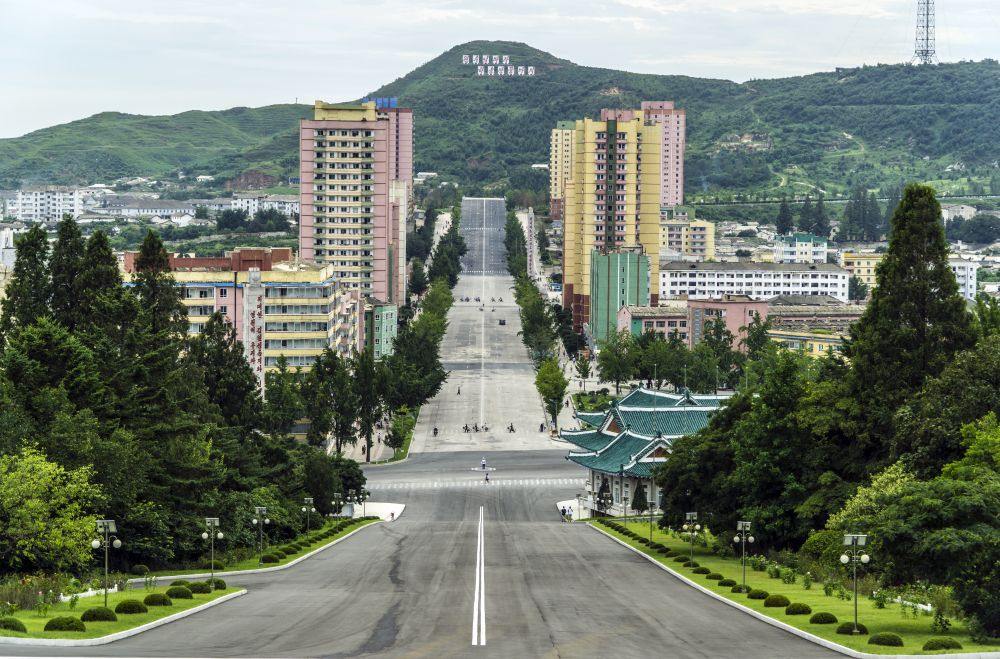
Tour Offerings
While never operating at a large scale, Tongil Tours carved out a distinct niche. Its offerings included:
- Academic and research visits, particularly for Korean studies students
- Study programs in cooperation with Kim Il Sung University
- Architecture and art-focused tours, including guided lectures on socialist realist design
- Participation in cultural festivals, such as the Pyongyang International Film Festival
Their trips were smaller in size, more curated, and often combined lectures with site visits. Clients were typically those with a serious interest in DPRK affairs, rather than casual travellers. Sigley frequently emphasised the educational value and cross-cultural goals of the tours.
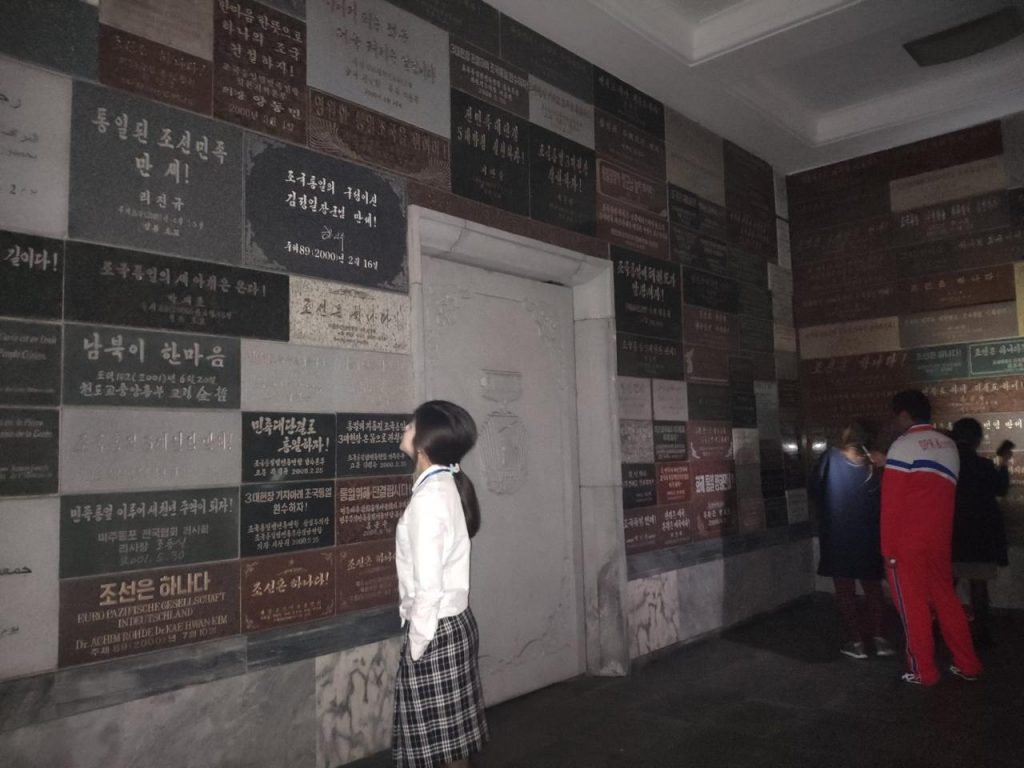
Public Image and Online Presence
Sigley maintained an active social media presence, particularly on Reddit and Twitter, where he frequently answered questions about life in North Korea and the mechanics of tourism. He was open about his experiences in Pyongyang and often differentiated Tongil Tours from other outfits by claiming a higher standard of safety and ethics.
One recurring point he made was that no Tongil Tours client had ever been arrested or faced issues with DPRK authorities—an assertion that became dramatically ironic in 2019.
The company operated a website at www.tongiltours.com, now defunct, and maintained a Facebook page at facebook.com/TongilTours and a Twitter account at twitter.com/TongilTours, both inactive since mid-2019.
The 2019 Arrest of Alex Sigley
In June 2019, Sigley disappeared while living and studying in Pyongyang. After several days of silence, international media reported his detention by North Korean authorities, sparking global concern. He was released in early July following back-channel diplomatic efforts led by Sweden.
Though no formal charges were made public, it was widely reported that the arrest was linked to Sigley’s online activity and alleged unauthorised sharing of information. The Australian government maintained that no evidence was presented against him.
The incident was particularly striking given Sigley’s years of involvement in North Korea, his public efforts to portray the country in a nuanced light, and his frequent public statements on Tongil Tours’ safety and professionalism.
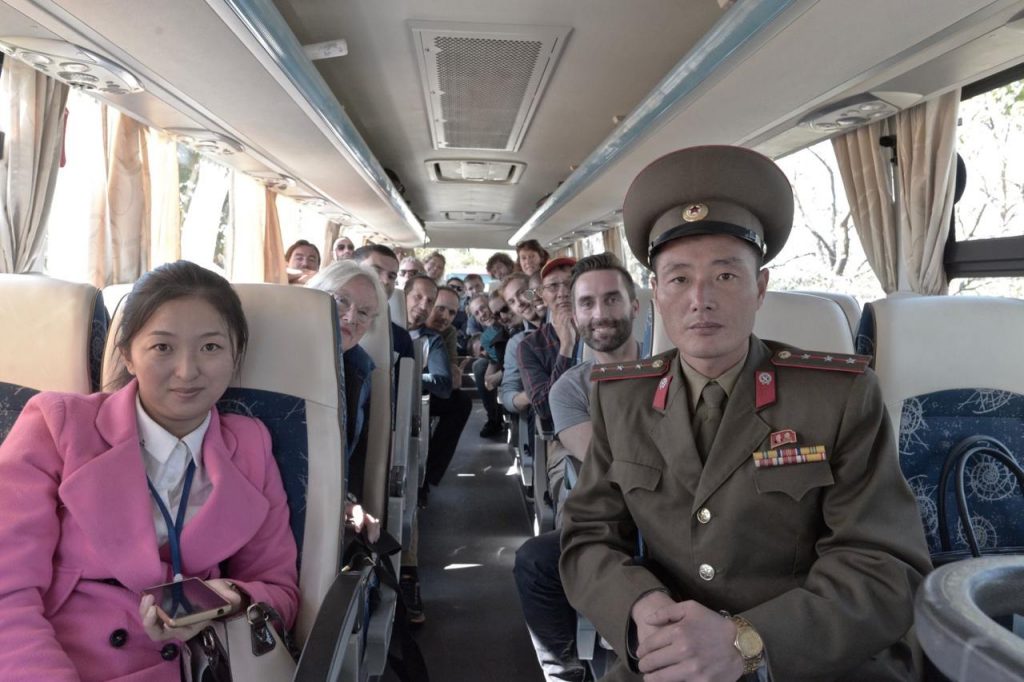
Aftermath and Current Status
Following his release and deportation, Sigley withdrew completely from DPRK travel, shutting down Tongil Tours without public notice. He has since re-emerged as a writer and commentator, contributing to various media outlets where his tone has shifted markedly. Once a passionate advocate for engagement with the DPRK, he is now more critical—some would argue severely so.
Reports have described Sigley’s transformation as a case of “poacher turned gamekeeper,” referencing his new position as a vocal critic of the same system he once worked closely with.
As of 2025, Tongil Tours is defunct. Its domain is offline and its social media channels dormant. There have been no new tour announcements since 2019, and no successor company or project has been announced by Sigley.
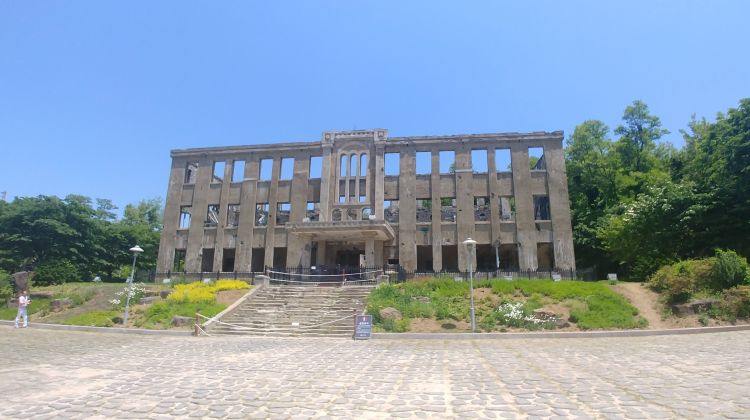
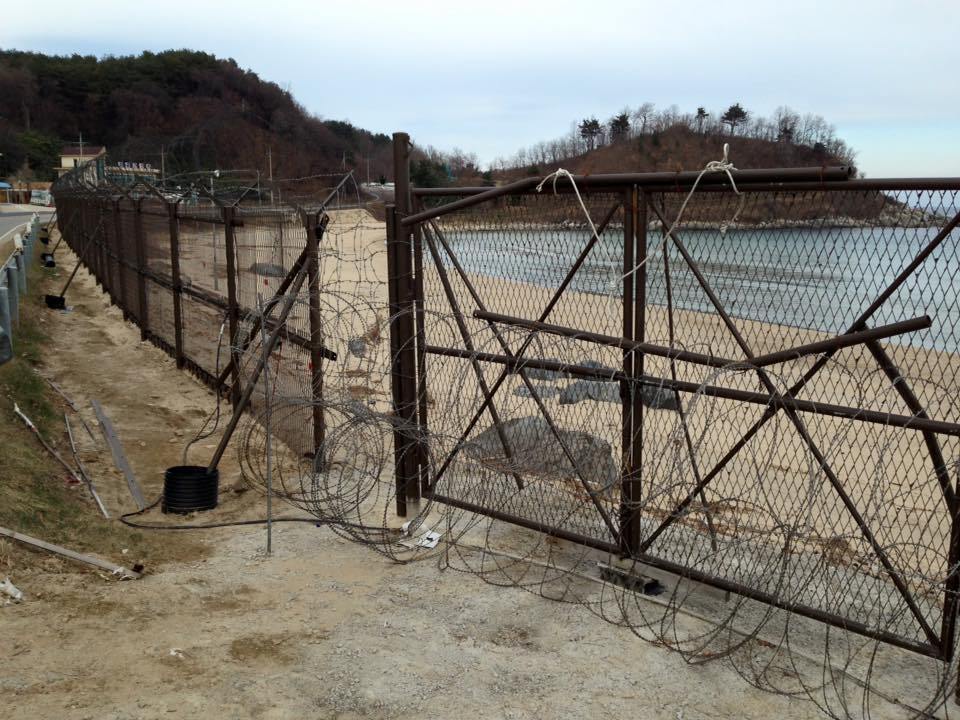
Legacy and Lessons
Tongil Tours was a rare example of an ideologically driven DPRK travel company—one that attempted to go beyond tourism and build sustained academic and cultural relationships. In this, it mirrored other “projects” more than a mainstream tour operator.
But its founder’s arrest, combined with his later reversal of stance, casts a long shadow over the legacy of the company. It now serves as a case study in the risks of even the most careful and sincere engagement with North Korea.
Click to check out our travel section.
